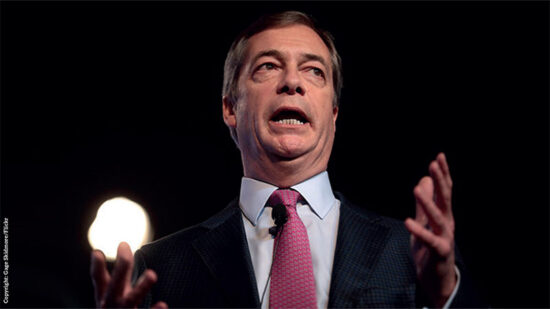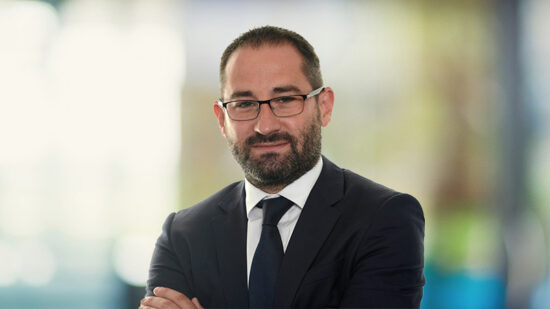The UAE has seen a steady rise in initiatives from the government aimed at boosting inward investment and improving conditions for expatriates of late; and at last the authorities have outlined why.
The Central Bank said in its annual report, published in late May, that the UAE economy is expected to expand by only 2% in 2019, compared with an expected 3.5% published in March.
The oil-linked part of the economy is set to grow 2.7%, a downward revision from 3.7%.
But the non-oil sector of the economy, where financial services reside, will expand by an estimated 1.8%, down sharply from an earlier forecast of 3.4% growth, the central bank said.
Oil output slides
The Organisation of Petroleum Exporting Countries (Opec) and its allies have been cutting supplies to counter a global supply glut and have indicated there may be further production cuts beyond June.
According to the bank, Opec’s third largest oil producer has been hit by a deceleration in oil production with crude output forecast at 3.1 million barrels a day in 2019 from an average of 3.3 million in the fourth quarter of 2018.
“An extension of the Opec agreement to reduce output – currently in place for H1 2019 – would mean lower oil production and lower headline GDP growth,” said Bilal Khan, senior economist, Menap for Standard Chartered Bank in a report.
“If the accord were to be extended into H2 at the June Opec+ meeting, lower-than-expected oil output could weigh on 2019 headline growth, in our view,” he said.
Cost growth slows
One piece of good economic news for many living in the UAE, though, is that inflation is also likely to soften, helped by lower housing costs.
Standard Chartered has reduced its CPI inflation forecasts for the UAE to 0.2% and 2.4% for 2019 and 2020, respectively (from 3.4% and 4.3%).
“In addition to persistent downward pressure on housing costs and a challenging pricing environment for private firms, a high base effect from VAT implementation last year is likely to contain consumer prices in 2019,” Khan said.
Against this softer economic outlook, the final week of May saw the UAE Cabinet announce it would further waive or reduce fees levied on businesses for government services, as part of a strategy to attract more foreign investment.
“[The cabinet] adopts a decision to amend and waive fees for a number of federal services within the framework of the government’s effort to enhance the national economy, reduce costs to business owners and increase the UAE’s competitiveness,” the cabinet said in a tweet, its preferred method of public announcement.
Gold pass
This move followed hard on the heels of news that the government would introduce a so called “golden card” permanent residency system, targeted in part at private investors, in a bid to attract the best global talent from across a range of different sectors.
The government said it had already identified 6,800 people with an average of around AED15m (£3.2m, $4m, €3.6m) to invest who will get the new golden card, bringing in a total of around AED100bn (£21.5bn, $27.2bn, €24.3bn) to the economy.
The golden card residency scheme was announced as the UAE began issuing the first of its new 10-year residency visas for investors and entrepreneurs.
These longer-term residency visas were unveiled last year to “facilitate business and create an attractive and encouraging investment environment” in the country, according to the government.
Pension plan boost
The government is also pushing ahead with plans to create a savings retirement scheme for non-Emirati employees that will complement the existing end-of-service gratuity system, according to the Federal Authority for Government Human Resources (FAHR).
The FAHR held a meeting with global insurance companies and consultancies in early May to discuss best practices for pension fund management and gratuity benefits.
The Dubai International Financial Centre (DIFC) is also pushing ahead with its plans to introduce an end of service gratuity scheme from 1 January 2020.
The financial free zone aims to replace its current system, where a lump sum is paid when a worker leaves employment, with a new DIFC Employee Workplace Savings (DEWS) Trust savings scheme.
“The anticipated cost will be between 1.25% to 1.5% per annum, although this is still subject to the competitive tendering process that will commence shortly,” Jacques Visser, chief legal officer at DIFC, told the local news website Zawya early in May.
Around 10 to 12 global investment funds are expected to be involved in running the scheme.
Family office changes
Separately, and not related to the economic outlook, the DIFC has proposed reforms to its family office regulations in a bid to update the current rules.
The new regulations aim to clarify the legal structure of a family office to allow one office to serve multiple single families. The updated regulations will also clarify the existing concept of a single family office, its reporting obligations and will introduce new minimum asset requirements in addition to the existing requirements.
The DIFC also plans to eliminate the requirement for family offices to operate from premises in the centre if their clients are families with a substantial presence within the UAE.
The updated rules are in line with the recommendations of the DIFC’s 2017 Wealth Management Working Group report and add the additional requirement that a single family office has a minimum of US$50m in net assets in addition to the existing requirement for US$10m in liquid assets.








